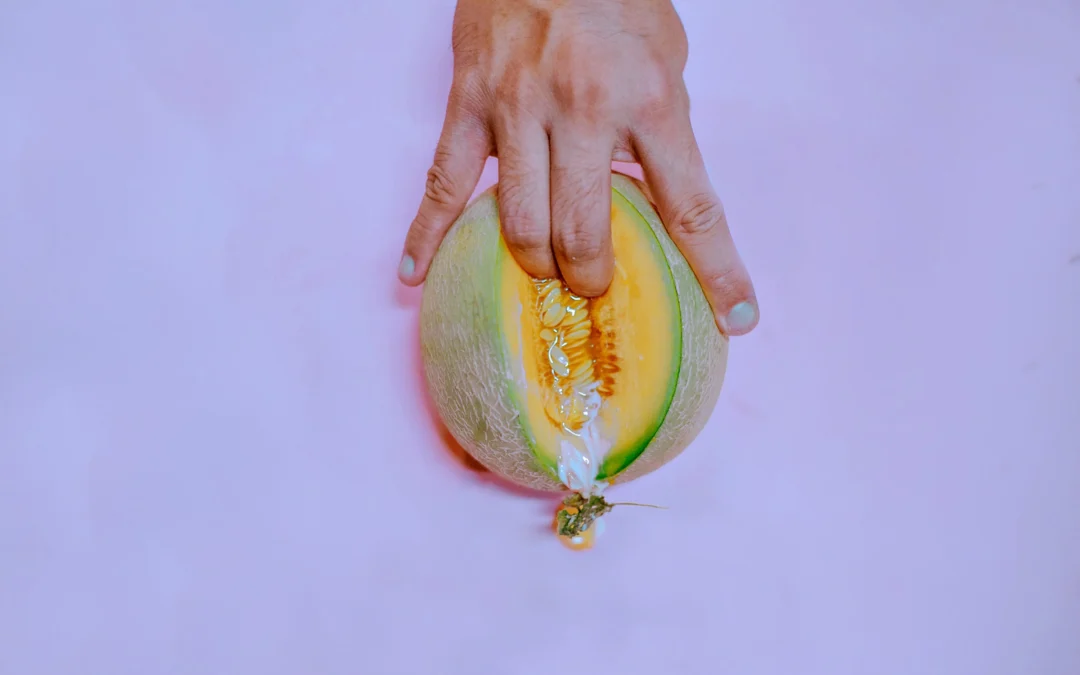This next sentence I think should surprise most everyone, though where you live may change which half is the one that gets you. In America, more than 80% of all males have been circumcised, in Europe that number is less than 20%. The World Health Organization puts circumcision right around ⅓ of all adult males globally, and while that number seems to be dropping it probably has more to do with a distrust of vaccines and doctors than it does with any noble ideas about bodily autonomy or a distrust of religion. Circumcision is such a default in American culture that I think most of us are only recently waking up to the fact that we’re pretty much alone on this one, at least outside of majority muslim countries. And like the imperial measurement system, the NFL, the war on terror and cheez-wiz, Americans seem perfectly willing to barrel ahead without stopping to ask why no else wants to follow.
It would be a clearer issue if male circumcision could be written off as a quirky and outdated superstition or condemned as a malicious form of religious genital mutilation. Truthfully we can’t really call it either, since no one’s really bothered to look into it. Without getting too into the weeds a review of the guidelines put out by folks like the World Health Organization, the American Academy of Pediatrics, the Center for Disease Control and dozens of similar organizations shows that despite the commonness of the procedure, few people have seriously researched its effects to any meaningful degree. Most point out that circumcision can be correlated with some reduction in infection, especially HIV, or that the risks of a botched procedure are more or less not worth mentioning. All point out that whatever these benefits are, they seem pretty limited and poorly understood.
The physical consequences of the procedure are similarly dismissed in the literature and in research. What is clear is that in circumcised adults there is a meaningful loss of nerve endings and, ostensibly, sensation. Additionally circumcised penises often require lube and provide reduced sensation to their partners. How significant these differences really are is fairly debatable- some feel that circumcision has mercilessly robbed them of one of the greatest pleasures of life, others maintain it’s not that big a deal, let alone worth this column. In either case, little meaningful research has been done.
The psychic effects are even harder to quantify. It would be an unsubstantiated leap to say that brief neonatal trauma creates some sort of ever present traumatic scar. Admittedly it’s hard to take seriously the protests of an infant who reacts to hunger and loud noises the same way they do the permanent peeling of their banana. Still, it doesn’t take a research psychologist to wonder at the possible ramifications of cutting off half the skin in such a sensitive area. What’s more is nearly half of all circumcisions are done without any form of anesthesia, the other half likely with not enough. Popular belief has long been that the developing infant brain doesn’t experience or remember pain the way an adult does, a myth that’s aided by an infant’s apparent ability to sleep through the procedure. What we are now beginning to understand is that far from sleeping, infants often go into shock, their developing nervous systems shutting down in response to an overwhelming flood of pain. To say that this inevitably leads to PTSD, depression, anger and hypersensitivity to pain goes beyond the scope of existing research but there’s more then enough to suggest that we are priming our children, wholesale, for these vulnerabilities.
Let’s consider now how much of our culture is built around our sexual frustrations. Whether it’s a little or a lot, circumcision by its very nature reduces sexual stimulation for penis havers and their partners. Forgetting for a moment that it would put me out of a job, how many stand up comics and CBS sitcoms would run out of material if we increased our national sex satisfaction by even 5%? While many scientists contend that the effects of circumcision go way beyond that small number, very few people have actually been afforded the opportunity to do the research.
That seems strange to me. That so many people in our country are dramatically altering their children’s bodies in what is effectively an elective, cosmetic surgery and no one is really asking questions about it. It may come out in 10 years that all of my presuppositions and the preliminary and limited research findings are thoroughly debunked, that circumcision is great and everyone should do it. But how weird is it, really, that we live in a country where every magazine, spam email and late night tv ad is trying to encourage us to spice up our sex life while we handicap ourselves without bothering to ask why, or what the consequences could be. It’s almost as if some magical sky person told us to cut ourselves and we just went with it.
When it comes down to it, for most of us, the damage is done. What can we really do to regrow missing skin, regain penile sensation or heal the sense of loss of what might have been? A brief internet search brings a number of questionable strategies for stretching and rebuilding foreskin, at first glance most seem to be more terrifying than they are effective. Foods, creams and pills promising powerful erections or incredible sex are as old as commerce itself but whether we’re talking rhino horns or oysters there are few simple solutions. For anyone feeling cheated about their hoodless bandit I do recommend learning some pretty straightforward penile health care tips-
Put the lotion on that skin, daily moisturizers (mild, without fragrance!) can make it like a new hose again.
Masturbation is like music- there’s a style for every mood but make sure to change it up. Getting stuck in a rut can ingrain a ‘that’s the only way I can cum’ grove.
Keep it dry and don’t feed it after midnight- penii are pretty vulnerable, basic diet and hygiene affect that area most.
A cigar is never just a cigar- the penis is especially sensitive to cardiovascular issues, nicotine is one of the first things to drop if you’re having trouble.
The truth is we don’t really know if America’s obsession with fruit plucking has anything to do with our weird attitudes towards sex, our constant fixation with performance or our total discomfort with female pleasure. What I do believe is that we have a responsibility to end a reckless and pointless practice for future generations, or atleast get it together well enough to offer them a half decent explanation as to why we’ve made these choices about their bodies. The opportunities for research and change are right in front of us, but we’ve been lazy enough to just accept that making our dicks a symbol of our pact with god isn’t weird. That there’s nothing strange about the fact that other countries aren’t really doing this. Or that it isn’t weird to ask strangers to cut off part of our children’s penis like it’s some vestigial organ. I guess in fairness though it’s still less weird than vegemite.




